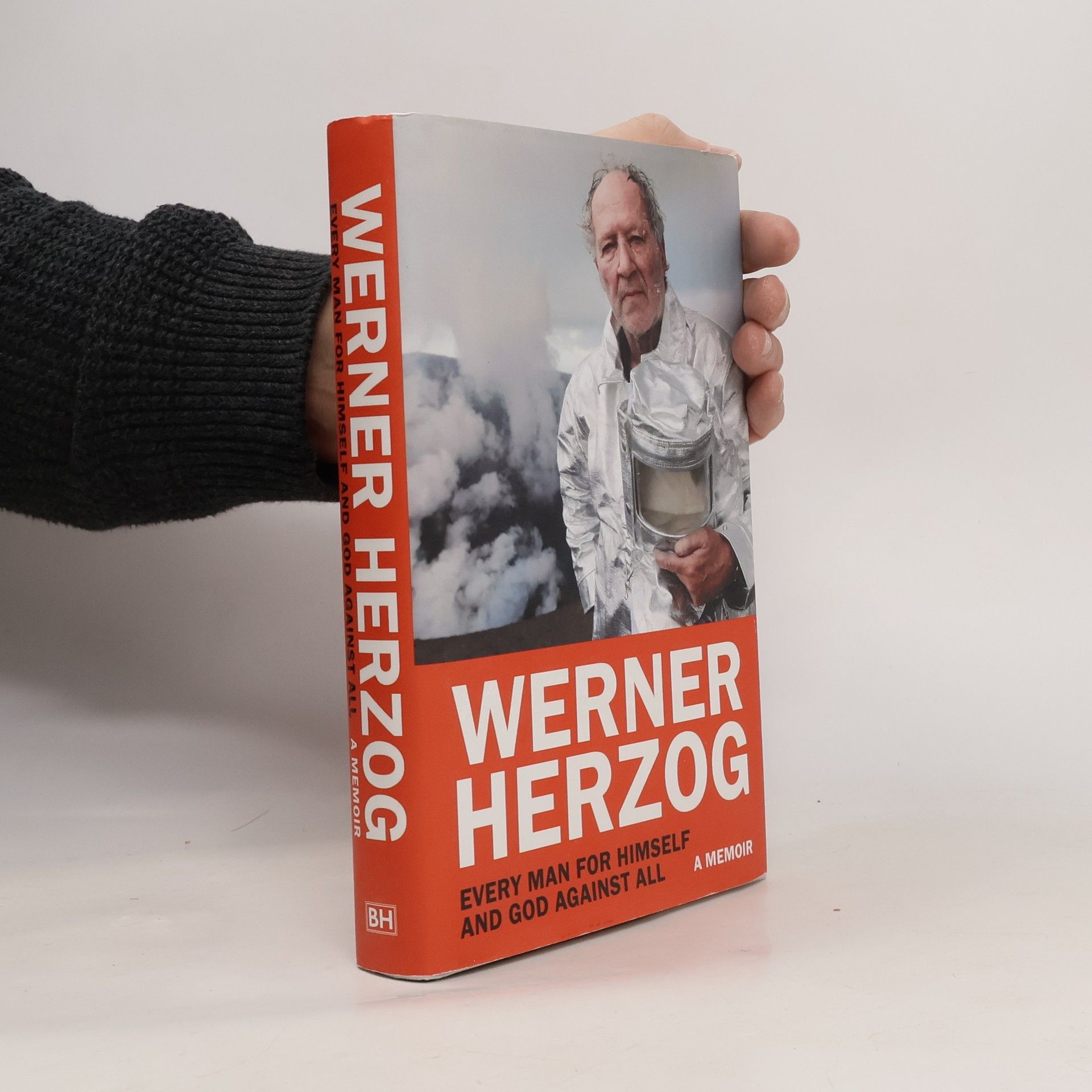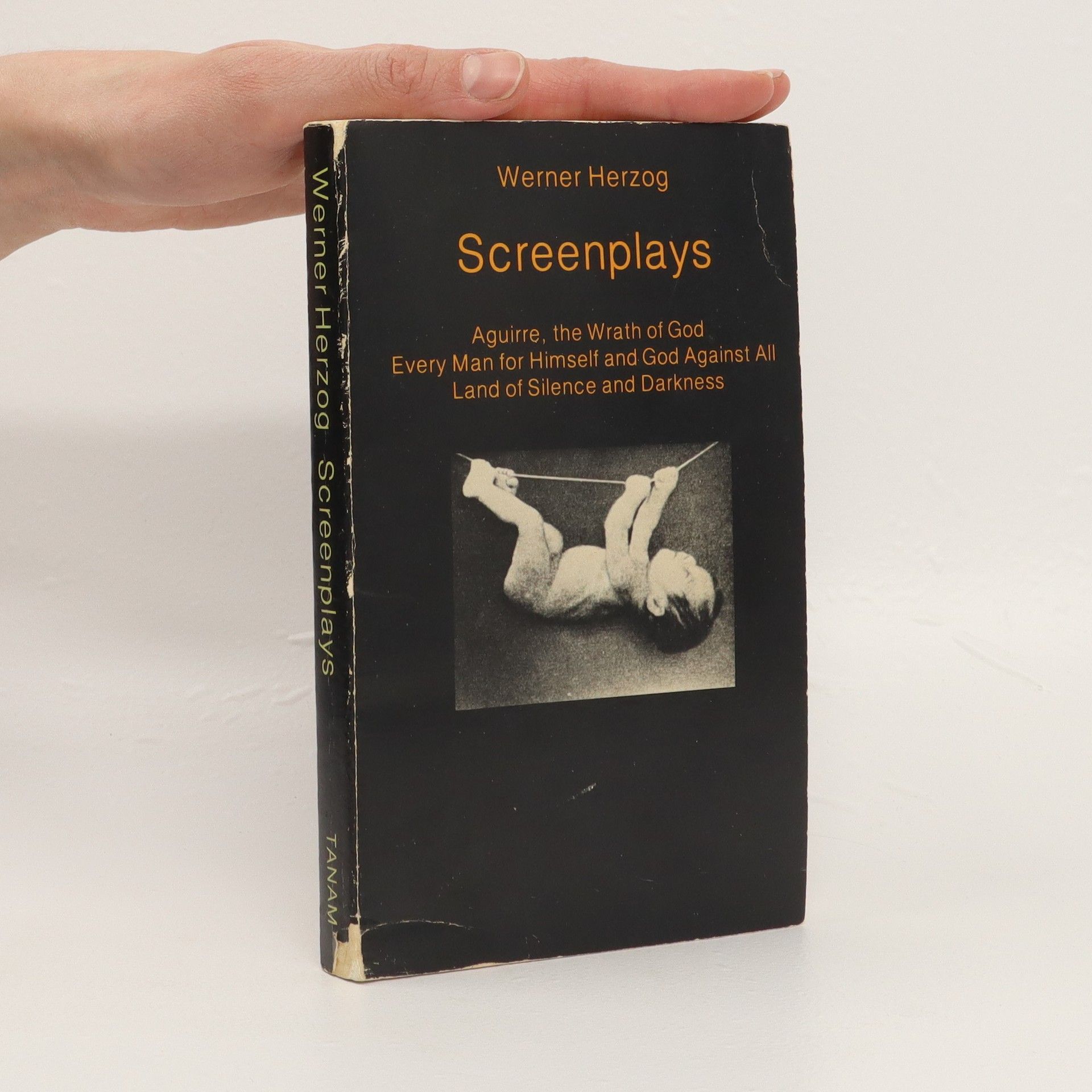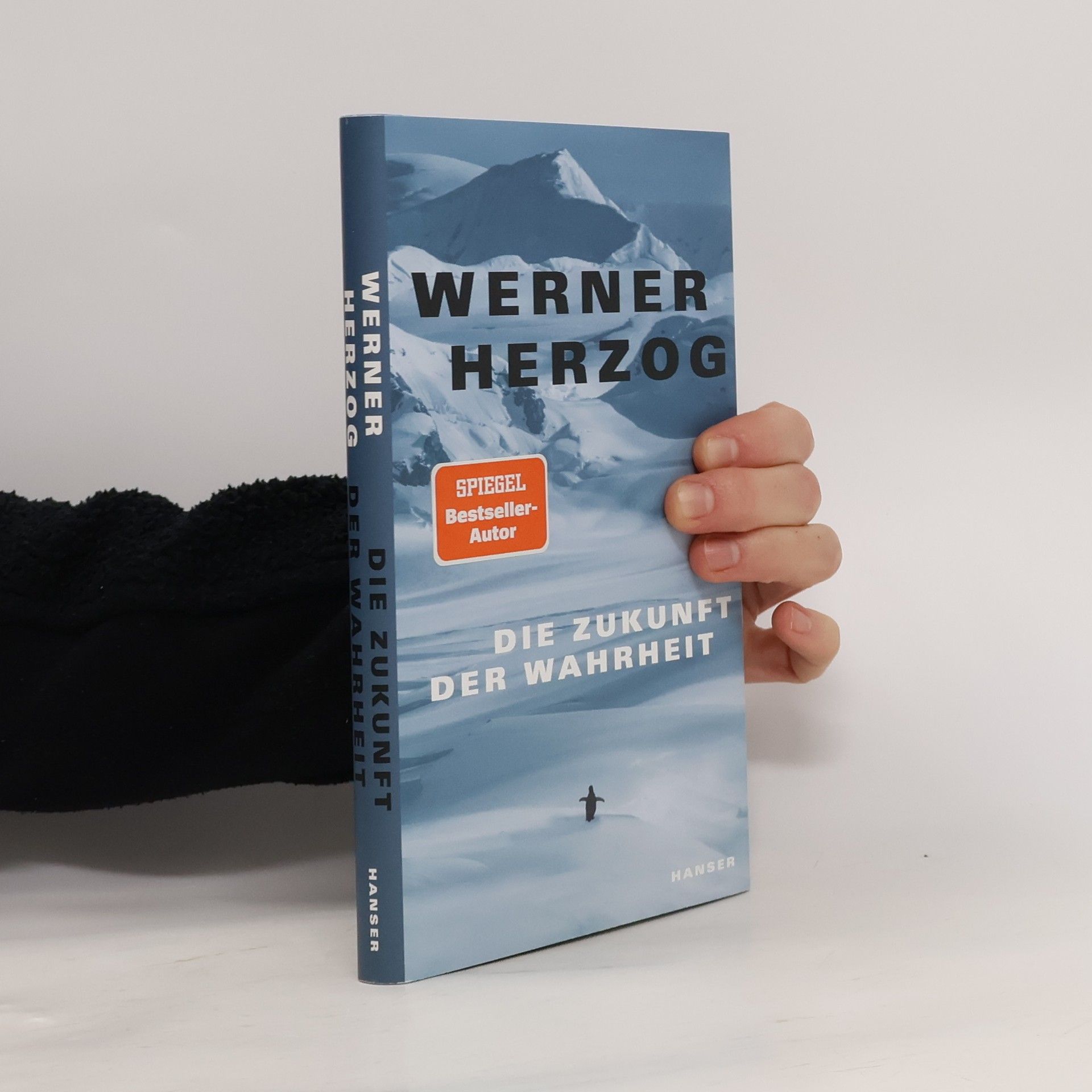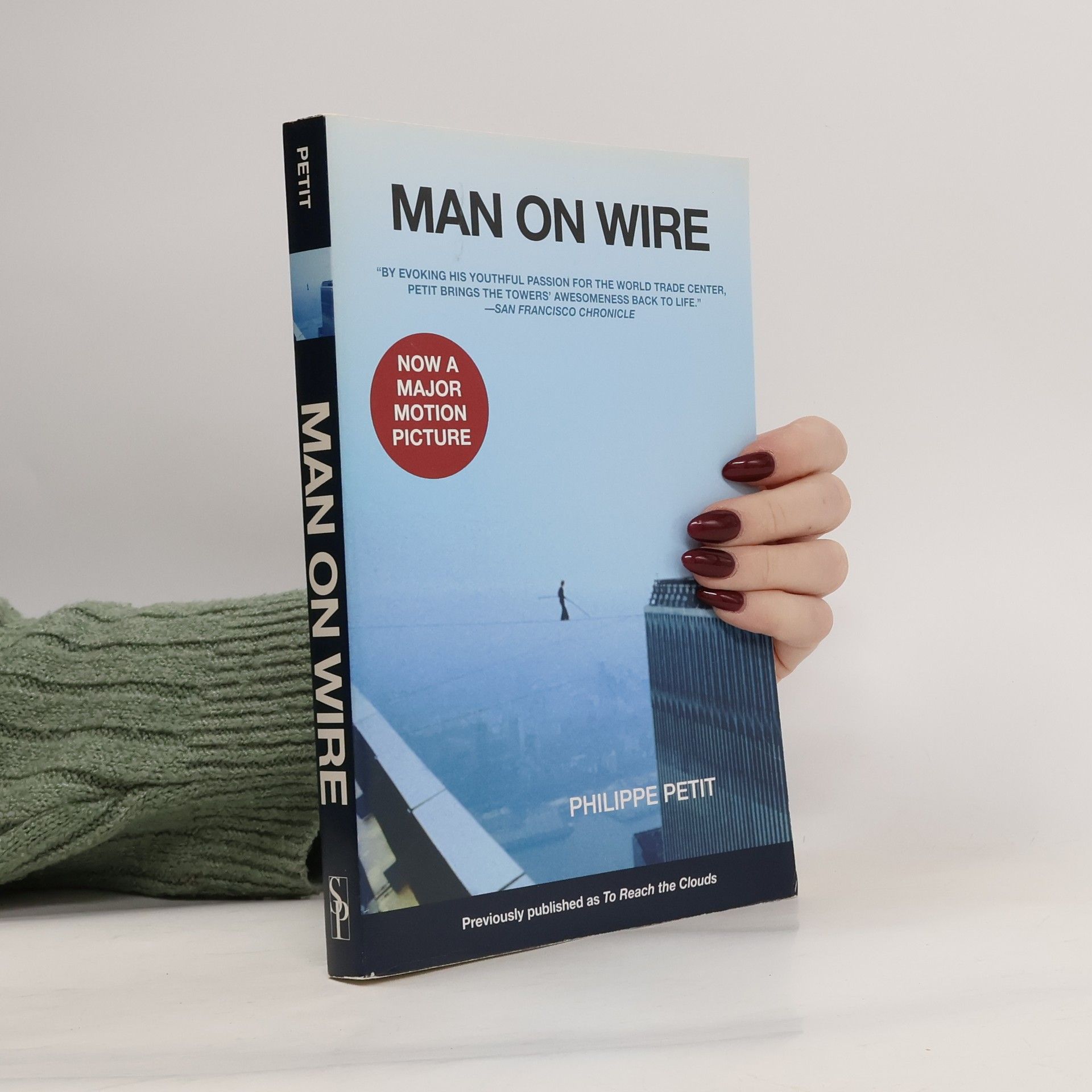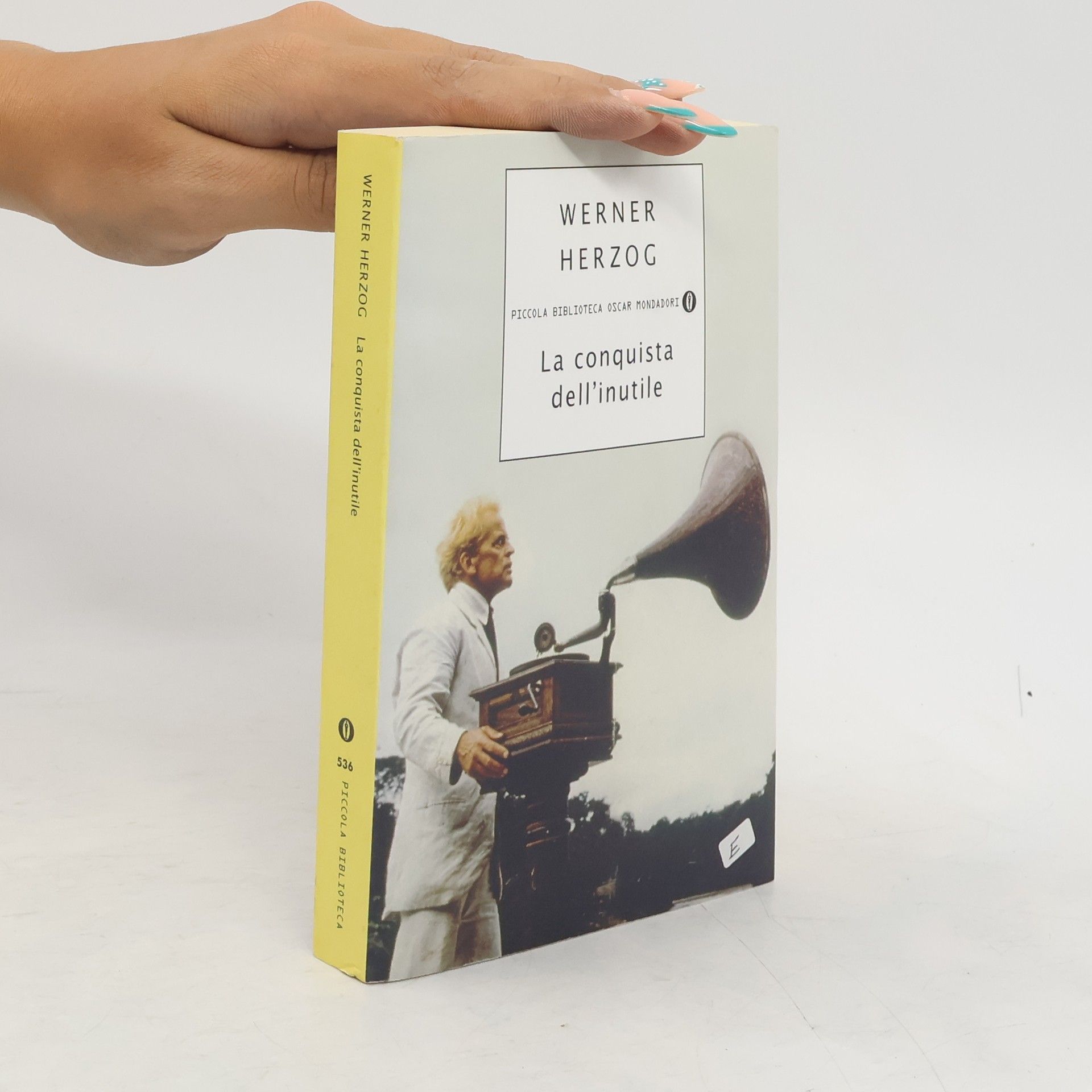Každý za sebe a Bůh proti všem
- 308 pages
- 11 hours of reading
Paměti Wernera Herzoga líčí v 36 krátkých pasážích scény a obrazy z neuvěřitelně bohatého autorova života, doplněné jeho krátkými úvahami. Zachycují život v rozpětí jednoho století, který by se nevešel ani do jednoho z jeho slavných filmů. Mladý, věčně hladový Herzog, s nímž matka uprchla z rozbombardovaného Mnichova do chudičké vsi v Alpách, vyroste v mladíka toulajícího se osaměle světem, na něhož záhy číhá v nejzazších končinách Egypta v horečkách smrt. Je to nadšenec a ctižádostí poháněný individualista, který uprostřed džungle tiše rozmlouvá s rozběsněným Klausem Kinským a rozpláče se u smrtelného lože přítele Bruce Chatwina. Ať už mluví o situacích během natáčení, jež občas ohrožují i životy ostatních, nebo o svém vztahu s Kinským, vždy jsou ve hře riziko a silné emoce. Tato kniha plná nespoutané touhy po životě a údivu nad naším nádherným světem je skutečnou literární událostí.


